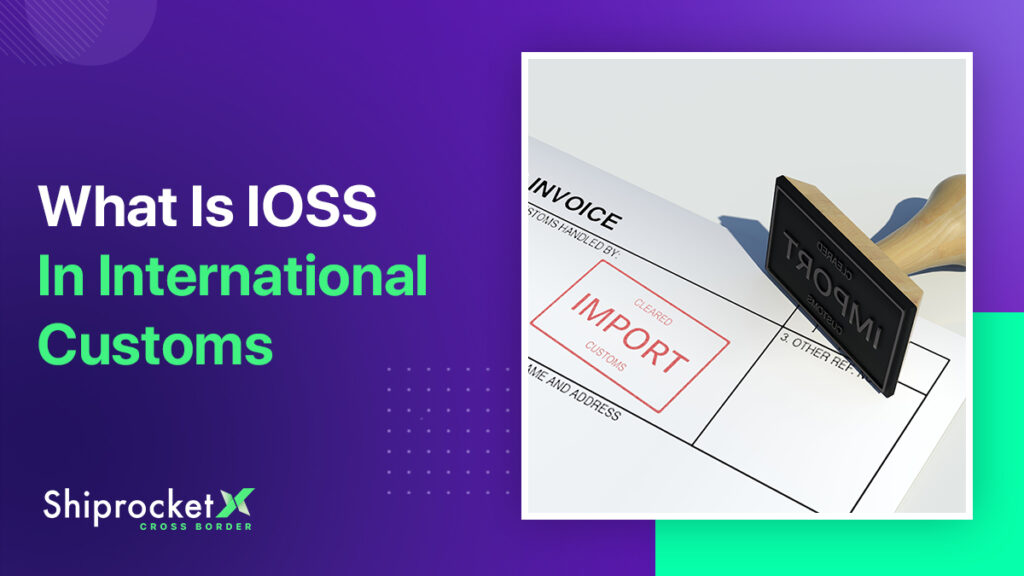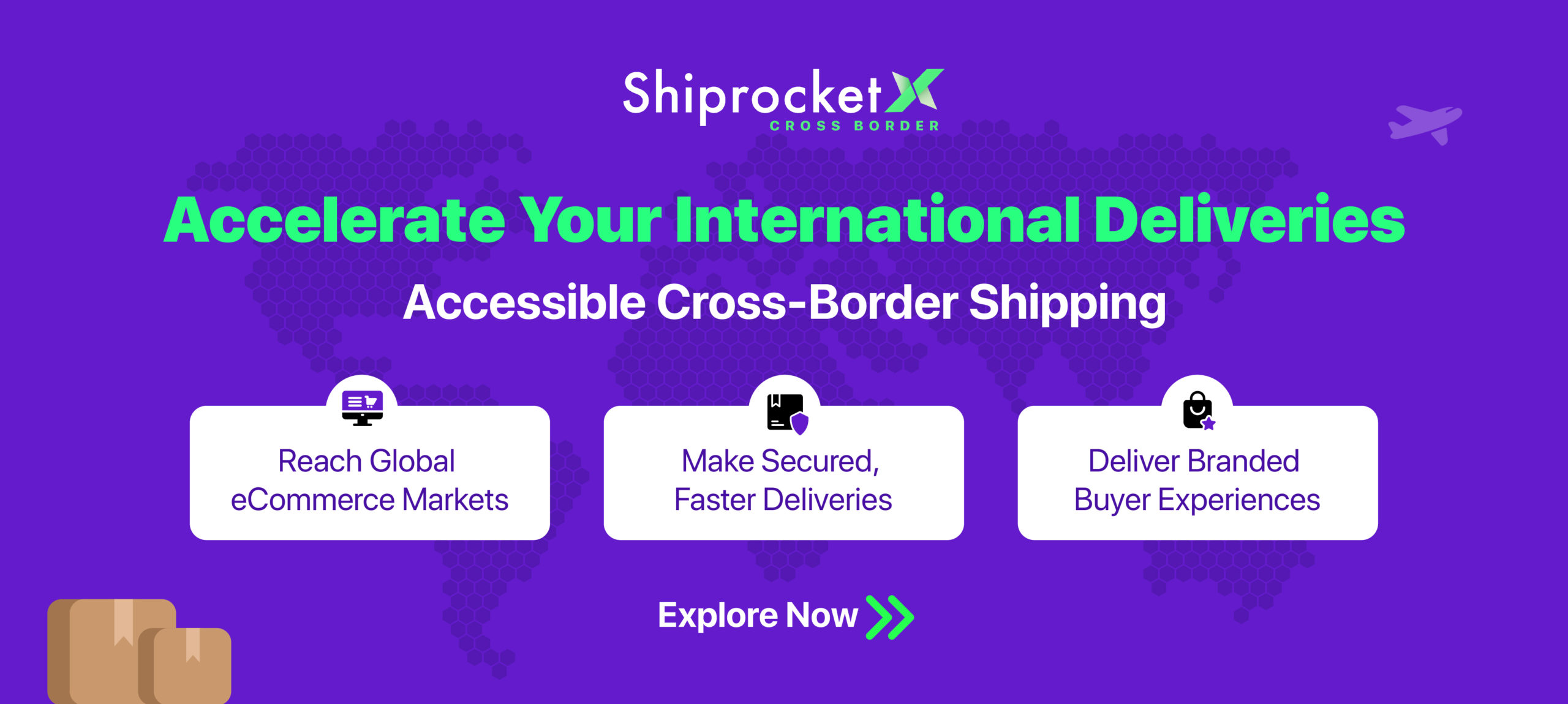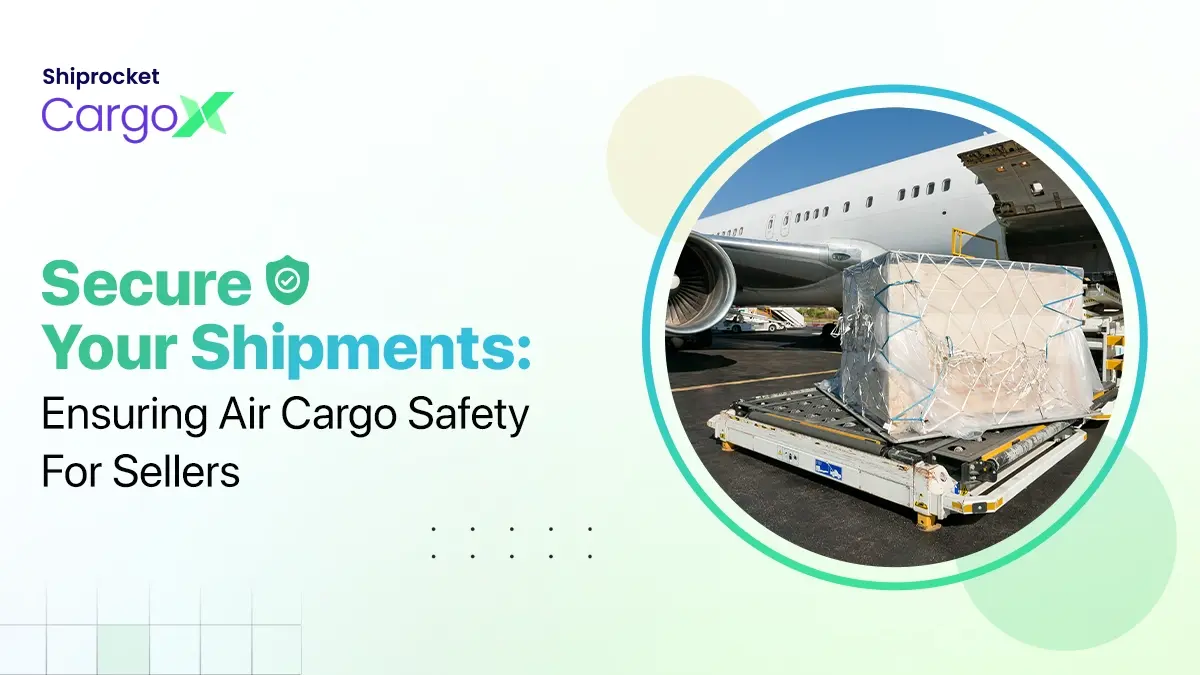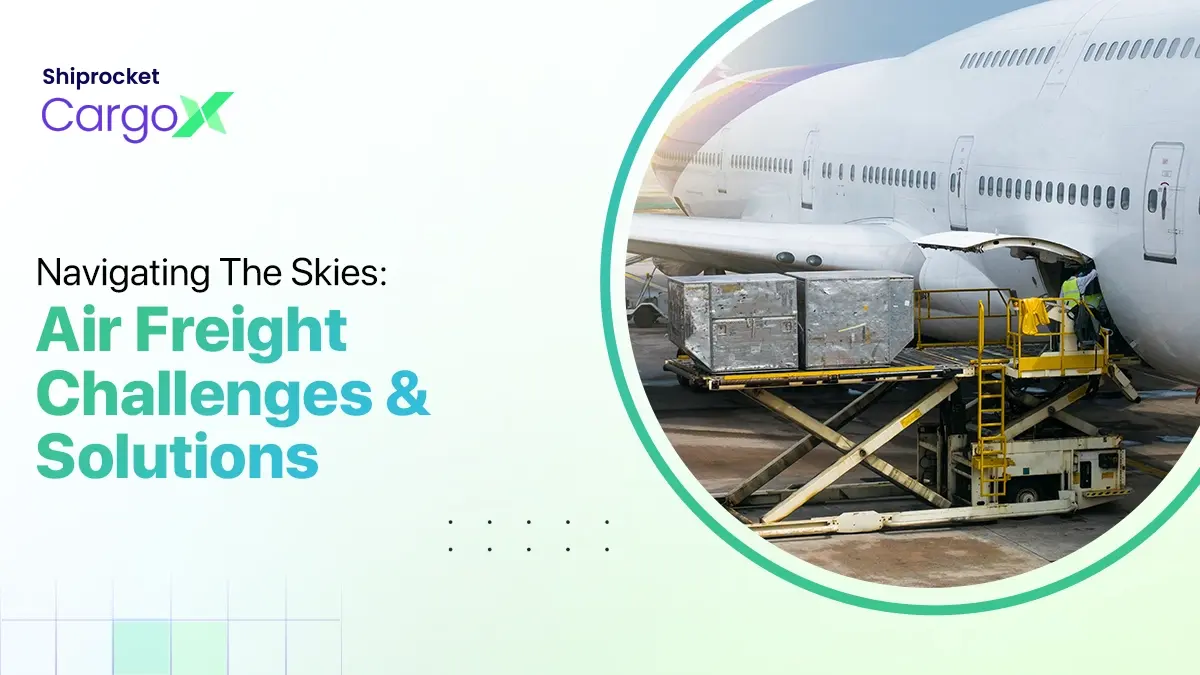IOSS In International Customs: An Introduction

Introduced on July 1, 2021, the Import One Stop Shop (IOSS) is a VAT regulation used by eCommerce merchants and suppliers to import goods into European countries from non-European countries with a very low real value. eCommerce goods dispatched with real value not exceeding 150 Euros can go duty-free into European borders. With IOSS, the shopper is charged only once at the time of purchase, as compared to the traditional method where customers are charged import VAT as well as admin fee in order to receive their shipment.
Where is IOSS used?
IOSS is generally used when the intrinsic value of goods imported does not exceed € 150, and the supplier is from outside European Union borders at the time of importation.
Merchants with a registered IOSS are subjected to various benefits while importing goods into the country. Let’s see how.
How Is IOSS Beneficial?
While the use of IOSS isn’t mandatory, it can be used to declare as well as pay import VAT in the following scenarios:
Parcel arriving from outside EU
Goods that are being transported into the European Union borders must be located outside the borders, in a third country or third territory at the time they’re sold. Moreover, the seller/supplier must also be a taxable person located outside the borders at the time of supply.
Goods below €150
Goods which are sent in consignments of real value not above €150 to customers in the European Union regions can be declared using the Import One Stop Shop (IOSS).
Devoid of Excise Duties
Goods that are spared from excise duties are also eligible to declare for IOSS and pay import VAT accordingly.

IOSS Registration: How Does It Take Place
For IOSS registration, there are separate registration procedures for suppliers inside European borders and those outside the EU.
For Suppliers In EU
Sellers or suppliers based out of the European Union can register in their Member Establishment State or commonly the Member State they identify with. It is noteworthy that this includes the electronic interfaces established in the EU that are also deemed suppliers. Although they can be eligible for IOSS, there will be no recession for import VAT for their goods.
For Suppliers Outside EU
Suppliers that are established in a third country or are outside the European Borders can register for the IOSS directly in any Member State of the EU. Here, the packages being supplied must be sent from the third country in question to the EU (applicable only to Norway in the current period).
For Suppliers Without Fixed EU Establishment
Suppliers that don’t have any fixed establishment in the EU nor are established in any third country with VAT conclusion from the EU will need to have an appointed EU established intermediary. The Member State of identification for those cases will be the EU Member State where the intermediary is established, which also includes the electronic interfaces established in the EU that are also deemed suppliers.
Summary: Using The IOSS For Import VAT Charges
The goods supplier can charge VAT at the original rate, that too, at the time of supply, while availing the IOSS. Time Of Supply is the exact time when the payment of goods is transferred from customer to the supplier in question, which is why the customer pays a VAT-inclusive fare of the goods to the supplier at the time of sale. This VAT can now be declared as well as paid by the supplier (or their intermediary) through a monthly IOSS return in the Member State Of Identification where the taxpaying importer has registered for the IOSS. Partnering with shipping partners that provide sellers/suppliers receive free IOSS registration and management of their shipping account, albeit with due consent of the seller is an added relief. The seller simply needs to pay their shipping partner a fee as IOSS charge per shipment for filing the VAT returns in the destination country.





